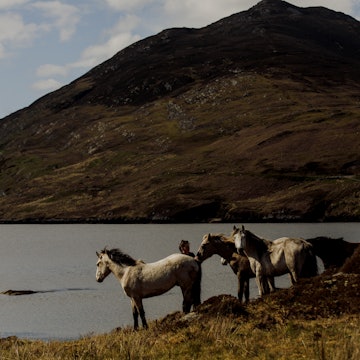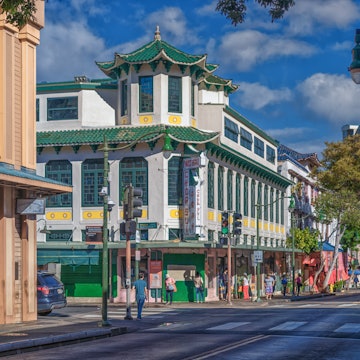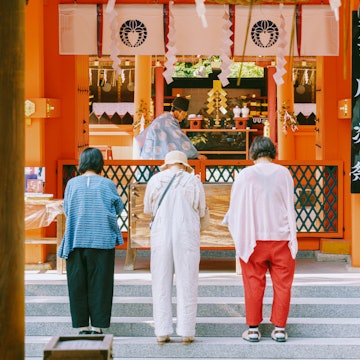

Visitors from many countries don’t need a visa to enjoy the vibrant culture and beautiful beaches of Honduras © Wagner Okasaki / Getty Images
Jungle-clad Maya ruins, centuries-old villages with lovely cobbled streets, white-sand beaches and world-class diving along the world’s second-largest barrier reef – Honduras has it all, in spades.
Yet this incredible country is often overlooked compared to its popular Central American neighbors and many of its varied charms are still underexplored.
Entering and leaving Honduras is relatively straightforward, though requirements vary depending on your nationality. Here’s what you need to know about Honduras’ entry requirements, from info on visas and costs to details on how to apply.
Visa-free stays and tourist cards for Honduras
EU citizens, along with those of Canada, Japan, Australia, New Zealand, the USA, and most South American and Central American countries require neither a visa nor a tourist card to enter Honduras. They can stay for up to 90 days upon entering the country.
The only requirements are a passport that's valid for six months beyond the proposed duration of your stay, return or onward tickets, and proof of yellow fever vaccination if you’re arriving from a country with a risk of yellow fever transmission.
In 2006, Honduras signed the Central America-4 (CA-4) Border Control Agreement with El Salvador, Guatemala and Nicaragua, meaning a stay in any of the neighboring countries counts toward your 90-day limit in Honduras. You’ll have to visit a destination outside of these four countries in order to re-enter for another 90 days.
Who needs a visa to visit Honduras?
Citizens of most Asian and African countries must obtain a visa in advance if traveling to Honduras for tourism, business or family-related purposes. You’ll need to apply at your nearest Honduran embassy or consulate, pay the visa fee (US$30) and produce the following:
Fully completed visa application form
Two recent passport-sized photographs
Your valid passport, with an expiration date that is at least six months away
Your flight itinerary
Proof of other-country visas that you currently hold
Current residency status (eg student, tourist, etc), if you are a foreign resident of the country in which you are applying for the visa to Honduras
Proof of visa-fee payment

Can I extend a Honduras visa?
If you want to extend your stay in Honduras, a one-time 30-day extension is relatively straightforward to obtain from the main immigration office in Tegucigalpa (Avenida La Paz; open 7:30am to 3:30pm Monday to Thursday and 8am to 3pm on Friday; tel +504 236 9320) for a fee of US$20.
There are also immigration office branches in La Ceiba, San Pedro Sula, Tela and Utila – though some travelers have reported problems with getting their stay extended at some regional offices.
Instead of applying for an extension, you can take a trip to a nearby country outside the CA-4 border agreement zone (Belize and Costa Rica are the nearest) for at least 72 hours, and then re-enter Honduras for another 90 days.

Work and volunteer visas in Honduras
If you’re looking for volunteer opportunities in Honduras, such as teaching English, assisting with iguana breeding or working on various construction projects, visa-free entry or a tourist visa is sufficient.
Some casual work opportunities also exist, particularly on the Bay Islands. Most diving instructors are foreigners, and some PADI Divemaster course visitors supplement their stay with waitressing or bartending without a work permit in Roatán’s West Bay and West End or on Utila.























